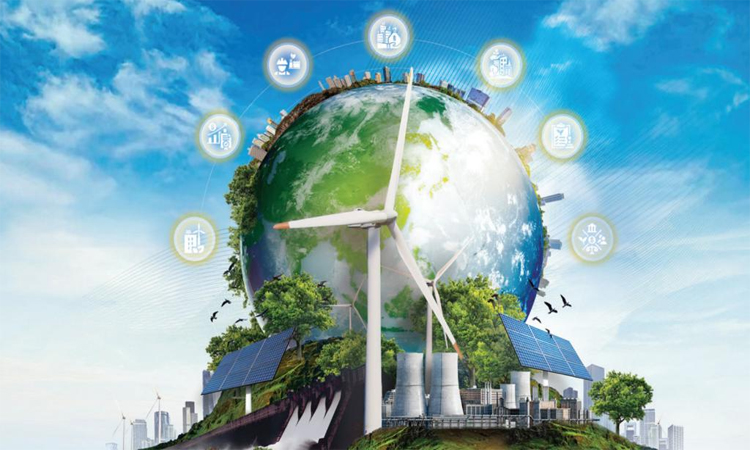News Flash
News Flash

DHAKA, April 30, 2025 (BSS) - The Asian Development Bank (ADB) has called for the urgent expansion of interconnected and modernized grids-both to keep up with rising energy demand and to integrate intermittent renewable energy sources across the Asia and Pacific region.
Inadequate investment in power grids is holding back developing countries in Asia and the Pacific from embracing the full benefits of an energy transition, including enhanced energy security, the creation of millions of green jobs and the expansion of electricity access, said the findings of a new Asian Development Bank (ADB) report.
The analysis, nevertheless, shows the region is at the forefront of a global energy transformation, said an ADB press release.
According to the most recent data, clean energy investment in developing Asia grew more than 900% since 2013 to reach $729.4 billion in 2023-comprising about 45% of global investment.
While the People's Republic of China (PRC) accounted for a majority of this investment, the PRC was joined by India and seven other developing regional countries where renewables exceeded 75% of new national energy capacity addition in 2022.
The report, Energy Transition Readiness Assessment for Developing Asia and the Pacific, conducted in collaboration with the World Economic Forum (WEF), is ADB's first to measure regional countries' ability to transform their energy systems and uses a new readiness framework based on the WEF's Energy Transition Index.
Although the PRC leads on most dimensions, the report concludes that Georgia, Malaysia and Thailand have improved their regulatory frameworks to support a clean energy transition.
Bangladesh, India, and Indonesia have led the region in expanding electricity access to over 1 billion people since 2010.
"The expansion of digitalized grid infrastructure is essential to integrate low-carbon electricity seamlessly into national power generation and transmission systems," said ADB's Energy Sector Senior Director Priyantha Wijayatunga.
"With Asia and the Pacific forecast to generate two-thirds of global energy growth by 2040, meeting this daunting power supply gap will require multidimensional efforts including strong policies, innovative technologies and long-term financing." added Priyantha.
"This extensive analysis highlights opportunities and challenges developing Asian economies face in meeting their energy transition needs," said WEF's Centre for Energy and Materials Head Roberto Bocca.
"Reliable, affordable and sustainable energy systems are key to supporting national and regional economic progress." added Roberto.
The report finds that while differing national characteristics require countries to forge their own clean power trajectories, in-country connectivity and regional interconnections-such as in Central West Asia, Southeast Asia, and South Asia-can provide a universal boost to economic efficiency and power affordability.
ADB's Asia Clean Energy Forum in June will explore cross-border energy trading and other ways to ensure the powering of homes, factories and transport systems in the region meet the needs of rapid urbanization and industrialization.
ADB is a leading multilateral development bank supporting sustainable, inclusive and resilient growth across Asia and the Pacific.
Working with its members and partners to solve complex challenges together, ADB harnesses innovative financial tools and strategic partnerships to transform lives, build quality infrastructure, and safeguard our planet. Founded in 1966, ADB is owned by 69 members-49 from the region.